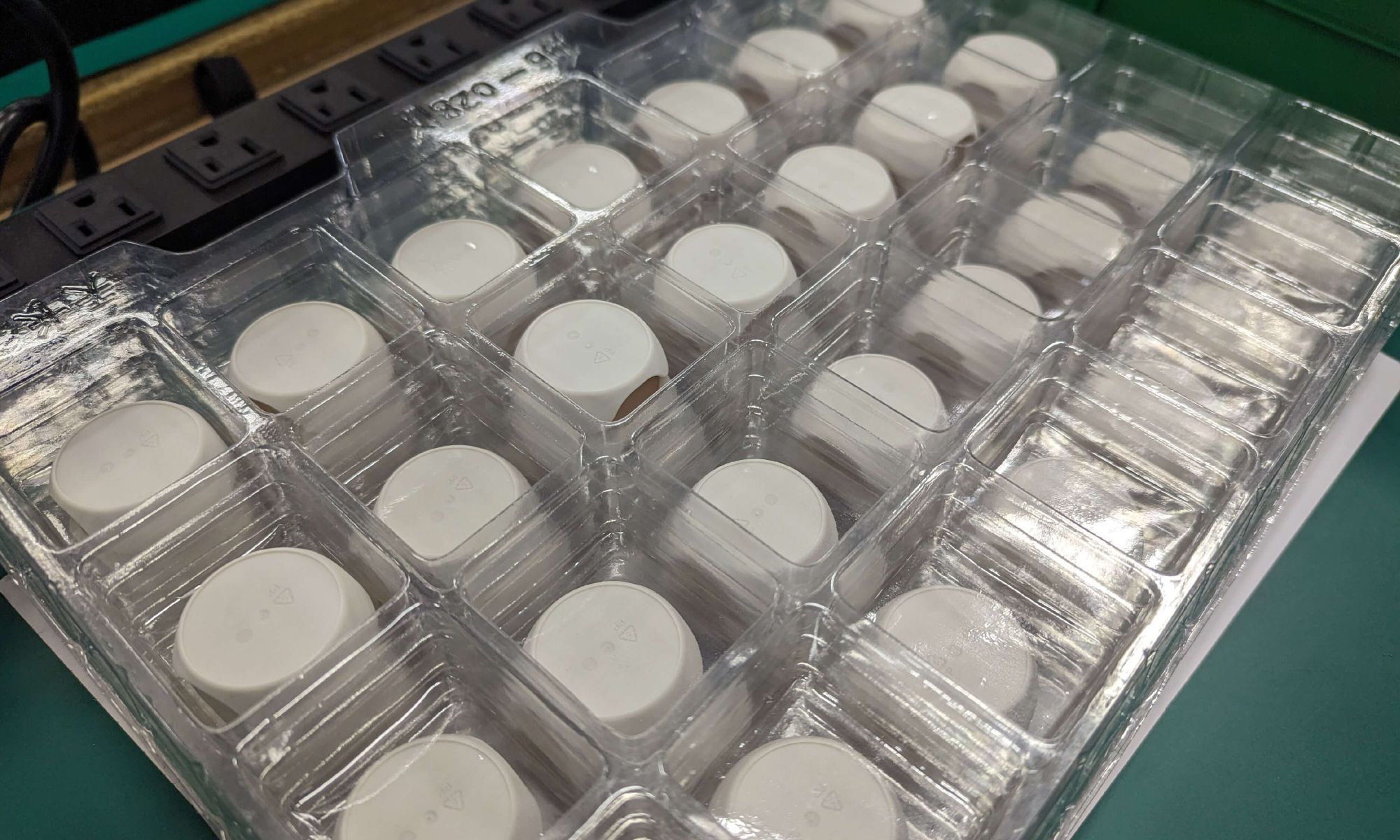Once you’ve made the decision to create an app, one of the first questions you’ll need to answer is how you plan to hire mobile app developers. Whether you are an established company looking to add an app into your product line or you are launching your startup, there are a few routes you can go. Below, we’ve outlined three ways to hire mobile app developers, and what you should know about each option.

Your Options to Hire Mobile App Developers
1. Hire an in-house team
Going the route of hiring in-house gives you a dedicated team. You'll need professionals that cover a range of abilities including Quality Assurance, Project Management, iOS, Android, and/or web developer, backend developer, and UX/UI designer. This option allows you to completely control the development process and have close communication with the team.
This is the most expensive option, considering that you'll need to budget for salaries, benefits, software, development tools, computers, phones, office space, HR, and taxes. You'll also want to consider the amount of time that it will take to onboard employees to your company to make a well-functioning team out of them.
2. Hire an app developer from a freelance website
There are several websites such as Upwork or Fiverr that offer very inexpensive app development assistance. Although this is the cheapest route, there are potential risks with selecting a freelancer from a website. You should expect to handle project management yourself and monitor the entire process. Freelancers rely on someone to define the timeline, scope, and priorities. Freelancers usually focus on a very specific solution, not a turnkey product. They also rely on a project manager to communicate between the different functions of the project. For example, ensuring that the product owners, UI team, and the frontend developers communicate in synchrony, which is key to a successful app.
If you are considering hiring a freelancer, be sure to check their reviews and take a look at their completed projects to ensure you don't end up with a ghost developer. You'll also want to make sure the freelancer you select is trustworthy so that they do not reuse your app's code or distribute your confidential materials.
If you end up dissatisfied with the end results, you'll need to start the process all over again. In most cases, the code may lack sufficient quality to be used a second time.
3. Hire mobile app developers at a firm
Turning to a product development firm like Hatch offers you a full range of services including research and development through releasing your app to the app store and ongoing software maintenance. Engineers at a product development firm have significant product development experience under their belt and can help you navigate the product development process.
Selecting a firm also means that there is a very quick onboarding process. Once the project kicks off, the team begins working on your product. A firm also has access to extremely skilled professionals in many disciplines including UI/UX, research, and engineers, not to mention all the tools needed to bring your app to life. This is often the most cost-effective option and the least risky path to hiring mobile app developers.
There are different benefits to each of these options, and it's ultimately up to you to determine which path will best fit the needs of your product and business. If you've decided that hiring a mobile app development firm is the right choice for you, get in touch with Hatch Product Development.


